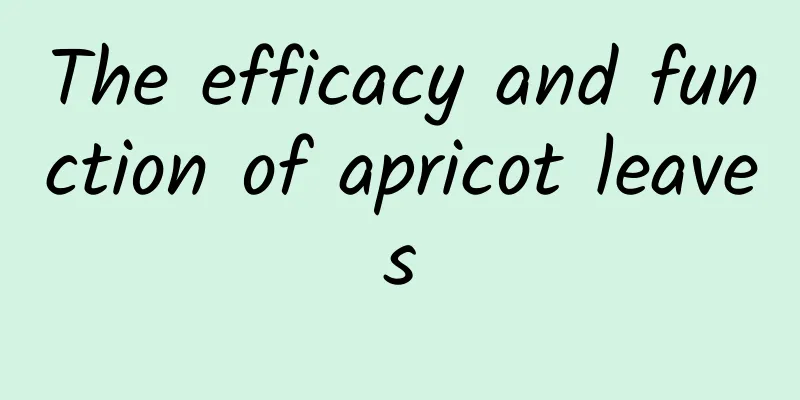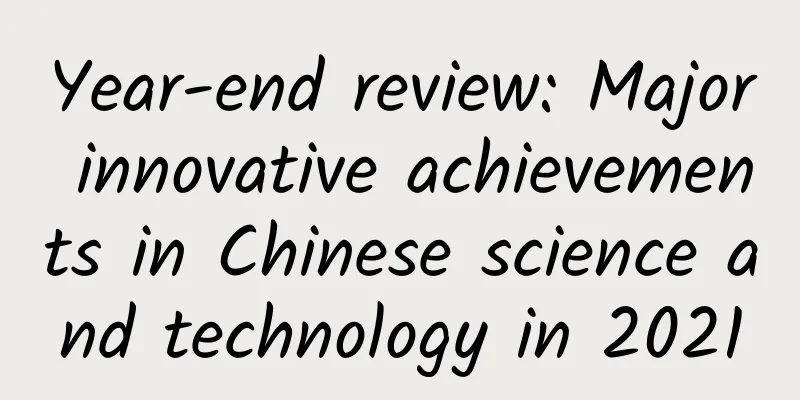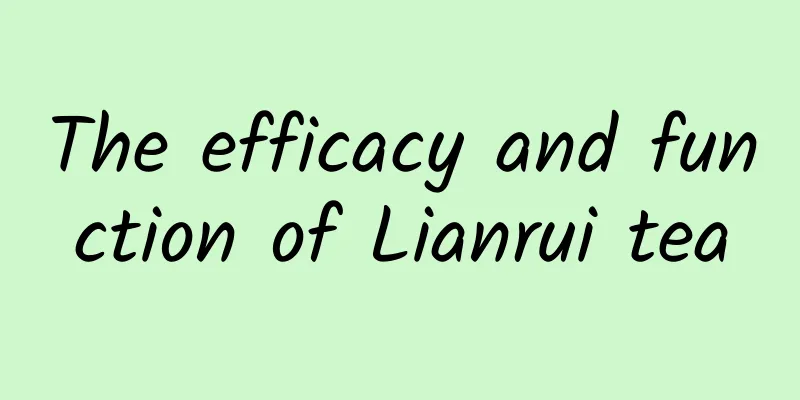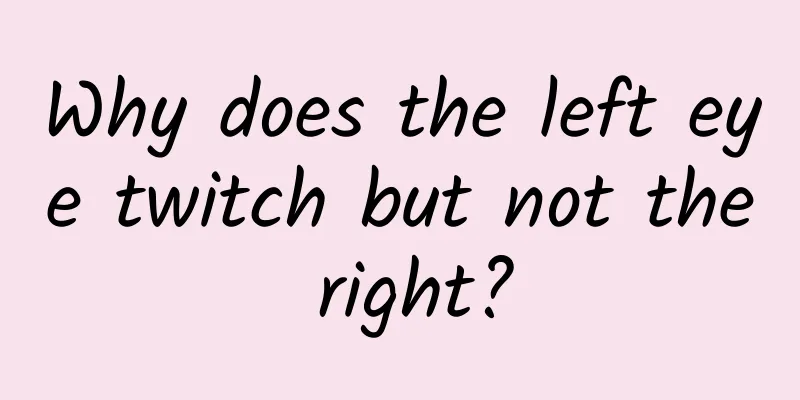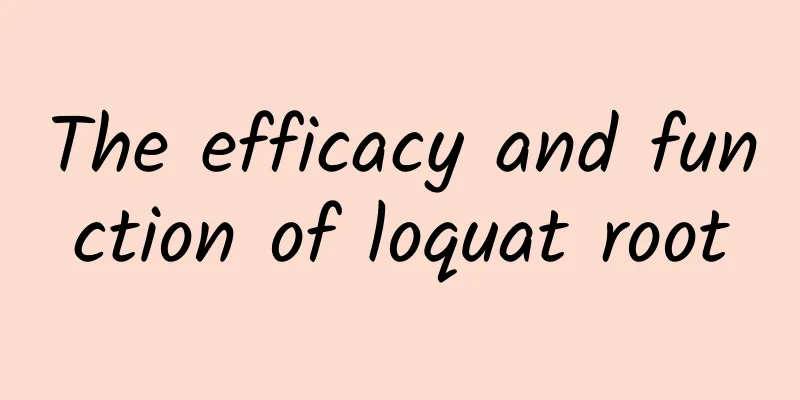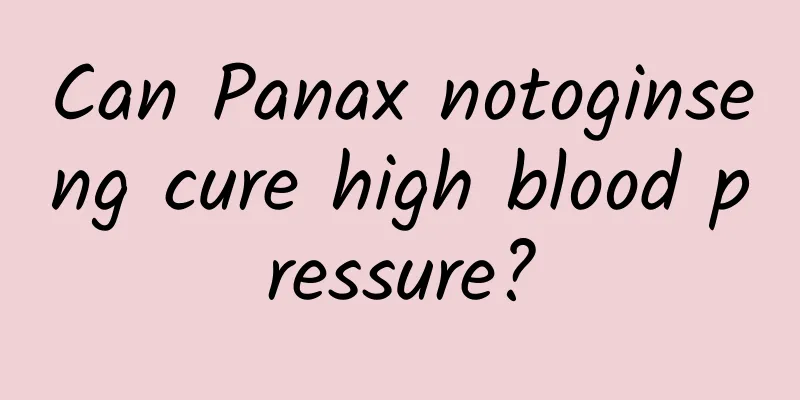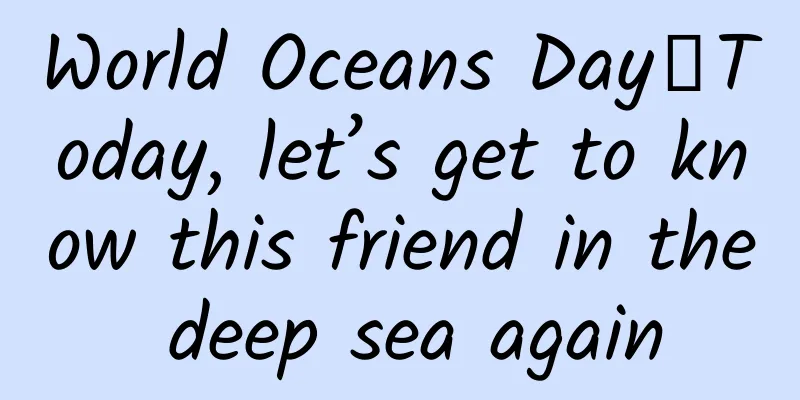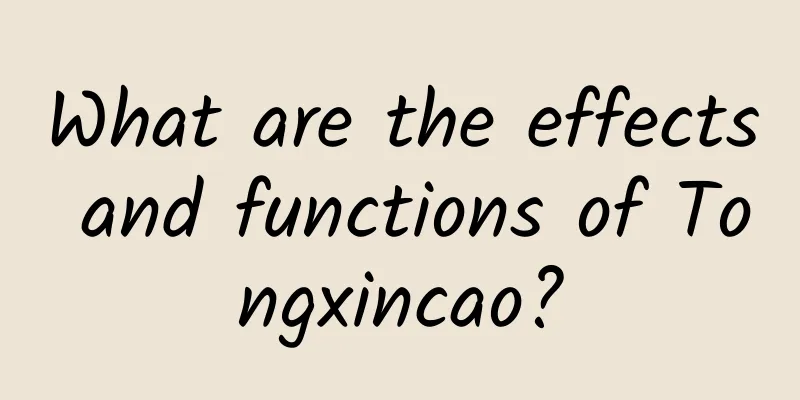What are the taboos during taking Chinese medicine?
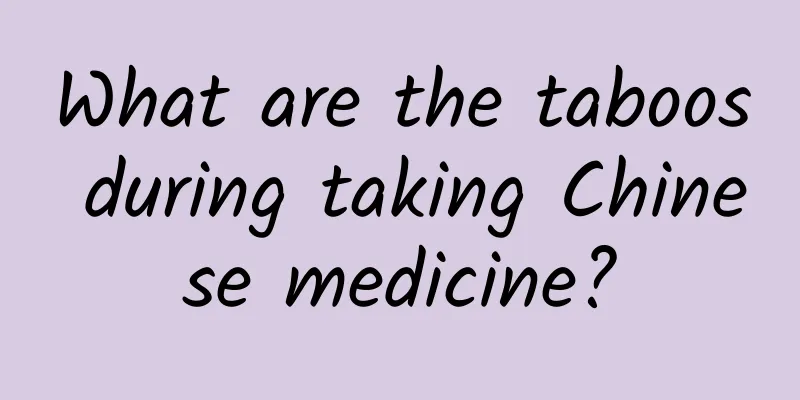
|
Nowadays, people are paying more and more attention to health preservation, so many friends will choose to use Chinese medicine for conditioning when they have some diseases, because many friends realize that long-term use of Western medicine will have some bad effects on our body, or cause some other diseases. In fact, you also need to pay attention when taking Chinese medicine. So what are the taboos during taking Chinese medicine? People in ancient times have long recognized that certain foods should not be eaten when taking certain medicines. For example, there are a large number of records in ancient documents: licorice, coptis, platycodon, and black plum should not be eaten with pork; mint should not be eaten with turtle meat; Poria should not be eaten with vinegar; asparagus should not be eaten with carp; Schizonepeta should not be eaten with fish, crab, puffer fish, and donkey meat; Atractylodes should not be eaten with garlic, peach, and plum; honey should not be eaten with raw onions; turtle and fish should not be eaten with amaranth; chicken should not be eaten with eel; mother of pearl, jujube kernel, Fritillaria, and Pinellia should not be eaten with tea, etc. If forbidden foods are eaten, the treatment effect will be unsatisfactory or even counterproductive. If you have a cold or a rash that has not yet broken out in children, you should avoid eating raw, cold, sour, and greasy foods; when taking Chinese medicine to treat chest tightness and abdominal distension caused by qi stagnation, you should avoid eating beans, potatoes, sweet potatoes, etc. that are easy to cause flatulence; for example, patients with hepatitis and chronic gastroenteritis should avoid eating garlic when taking spleen-strengthening, stomach-warming and stomach-regulating medicines, because garlic contains allicin which can stimulate the gastrointestinal mucosa and cause congestion of the mucosa, and the Chinese medicine taken cannot effectively play its therapeutic role; patients with edema should also eat less salt when taking diuretic and swelling-reducing Chinese medicines; when taking cough and expectorant medicines, you should avoid eating too salty or sweet foods, and at the same time avoid tobacco, alcohol, fish, shrimp, crab and other irritants, so as not to help dampness and phlegm, aggravating cough; when taking sedatives, you should avoid strong tea and coffee. In short, there are certain scientific reasons for avoiding certain foods when taking medicine, and these are also the experience summary of long-term clinical observation. In order to achieve good therapeutic effects, while taking Chinese medicine, you should avoid eating raw, cold, greasy, fishy, and other foods that are difficult to digest, or foods that are particularly irritating. In addition, it is best not to drink beverages when taking Chinese medicine, because additives, preservatives and other ingredients in beverages will also affect the absorption of the effective ingredients of Chinese medicine and reduce the efficacy of the medicine. The above is an introduction to the taboos when taking Chinese medicine. I hope that everyone can pay attention to the taboos of taking Chinese medicine, so that we can avoid some accidents when taking Chinese medicine, and it will not affect some related medicinal effects. This can better help us cure diseases and restore health faster. |
<<: Medicinal value of phoenix grass
>>: What are the medicinal values of aconite?
Recommend
What are the taboos of taking Chinese medicine?
Traditional Chinese medicine has no side effects,...
An old lady nearly died after eating black fungus soaked for 2 days. How toxic is fumonisin? How to soak black fungus?
Recently, the topic "Auntie in Hangzhou, Zhe...
Can time-restricted eating improve metabolic function? New scientific evidence →
Nowadays, many people have disordered eating habi...
The efficacy and function of Clematis slenderleaf
As the pressure of modern life increases, more an...
The efficacy and function of gold leaves
Do you know what gold leaves are? If you know, do...
State Post Bureau: China's express delivery business volume has exceeded 100 billion pieces in 2024, 71 days ahead of the target of 100 billion pieces in 2023
According to the State Post Bureau, this year, Ch...
The blood-crying cuckoo and the cuckoo occupying the magpie's nest, are they good birds or bad birds?
There is a beautiful legend about the cuckoo. It ...
CCTV exposed: The "100% cashmere" in the live broadcast room actually does not contain a single strand of cashmere! Expert interpretation →
Cashmere sweaters are very popular among consumer...
There is a kind of "breathing pain" called - dry nasal cavity!
Missing you is a pain that breathes, it lives in ...
The efficacy and function of fern dustpan
There are many types of Chinese medicine. When we...
The efficacy and function of Buddaria flowers
Buddleija flowers can not only supplement the bod...
The efficacy and function of Guizhi Fuling Capsule
Guizhi Fuling Capsule can promote blood circulati...
An egg falling from a high altitude can kill a person, so why can a cat jump from the 32nd floor and survive?
Editor’s Note: Please do not conduct any tests or...
Are the long, thin worms found in Sichuan dragon worms?
Recently, some netizens took photos of long white...
